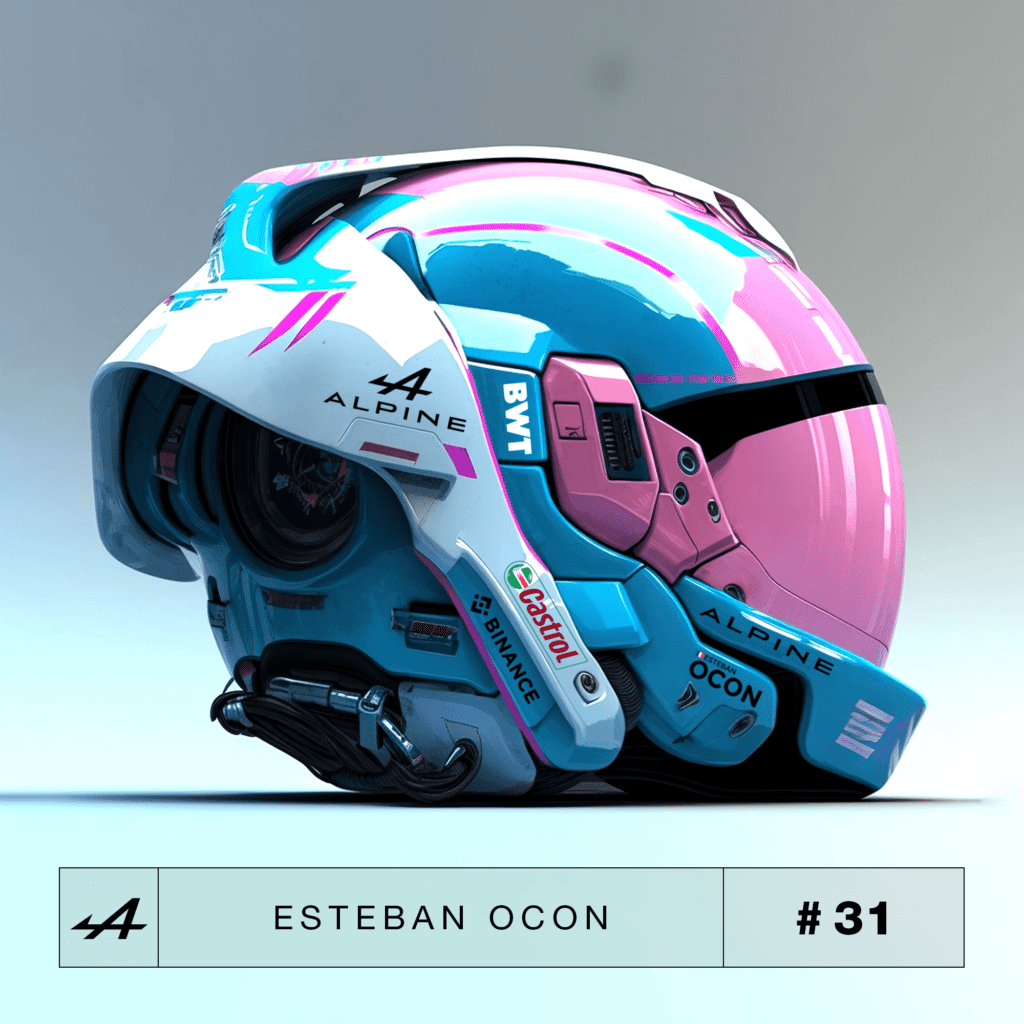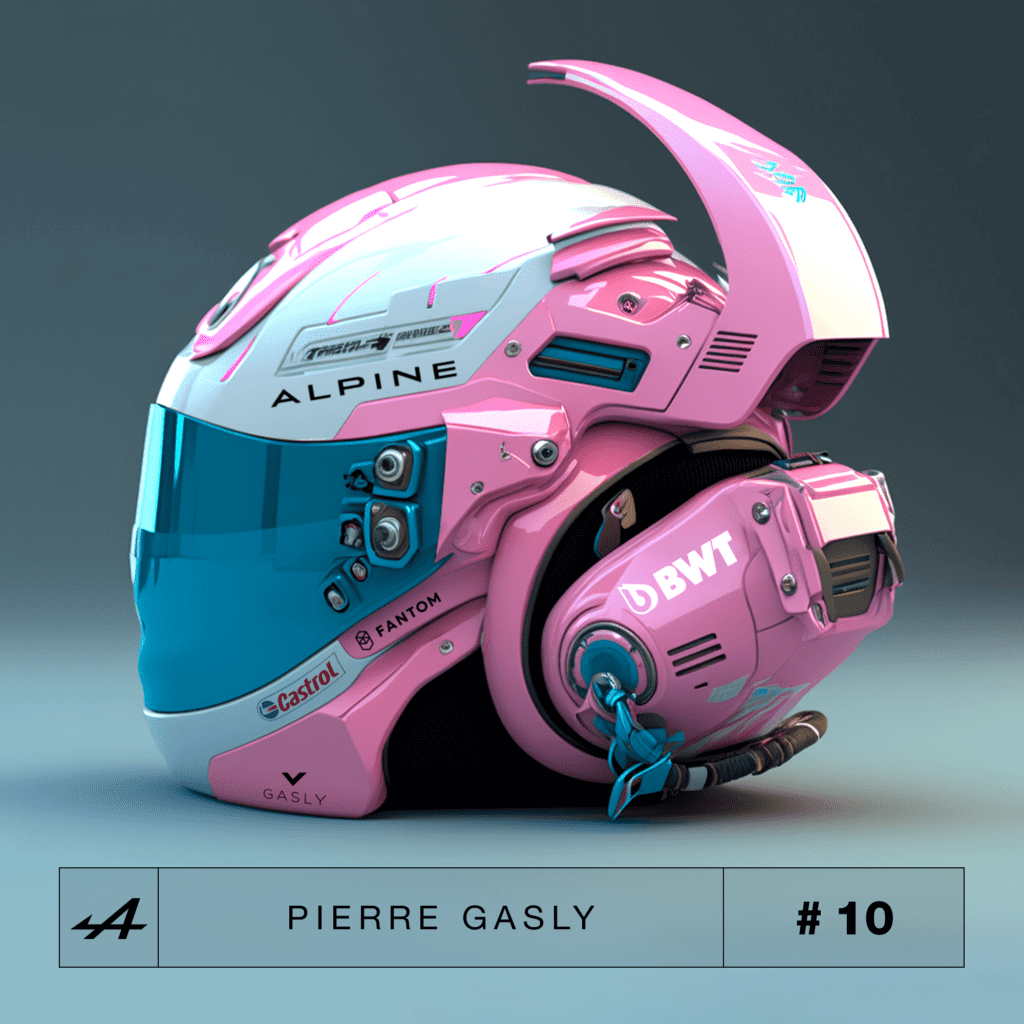Unraveling the Legal Framework: How Legislation Shapes the Future of NFTs
Fast Facts:
- Legislation is shaping the NFT market, bringing both opportunities and challenges for creators and collectors alike.
- Intellectual property laws play a significant role in safeguarding the rights of artists and preventing unauthorized use of their works.
- Regulation is emerging to address concerns regarding copyright infringement, fraud, and consumer protection within the NFT ecosystem.
- The classification of NFTs under existing legal frameworks varies across jurisdictions, leading to a complex and evolving legal landscape.
- Compliance with anti-money laundering (AML) and know-your-customer (KYC) regulations is becoming increasingly important in the NFT space.
With the exponential growth of NFTs, the legal implications surrounding these digital assets have come to the forefront. Legislation plays a crucial role in shaping the NFT market, influencing how creators protect their works and ensuring consumer rights are safeguarded. In this article, we will delve into the evolving legal landscape for NFTs, exploring the impact of legislation and its implications for artists, collectors, and the overall digital art market.
The Intersection of Intellectual Property and NFTs
Intellectual property laws form the cornerstone for protecting the rights of artists in the digital realm. Copyright laws, trademarks, and other forms of intellectual property play a pivotal role in safeguarding the ownership and exclusivity of NFTs. For instance, artists can assert their copyright over their digital creations by minting NFTs, thereby providing a verifiable proof of ownership. This ensures that their works cannot be duplicated or used without authorization, adding value to their creations and securing their rights.
Navigating the Complex Legal Landscape
As the popularity of NFTs continues to soar, regulatory bodies are grappling with establishing a coherent legal framework. The classification of NFTs varies across jurisdictions, which poses challenges for creators, collectors, and intermediaries operating in a global market. Some countries recognize NFTs as digital assets, while others view them as securities or collectibles. The lack of standardized regulations contributes to uncertainty and legal complexities, necessitating a nuanced approach when navigating the legal landscape.
Emerging Regulations and Compliance Requirements
In response to the rapid growth of the NFT market, regulators are beginning to address concerns related to copyright infringement, fraud, and consumer protection. For example, some jurisdictions are exploring the application of existing laws, such as anti-money laundering (AML) and know-your-customer (KYC) regulations, to NFT transactions. This move aims to prevent illicit activities and ensure a higher level of transparency within the NFT ecosystem. However, the implementation of such regulations requires a delicate balance between regulation and innovation to avoid stifling the nascent NFT market.





















